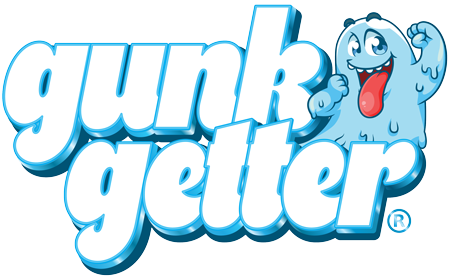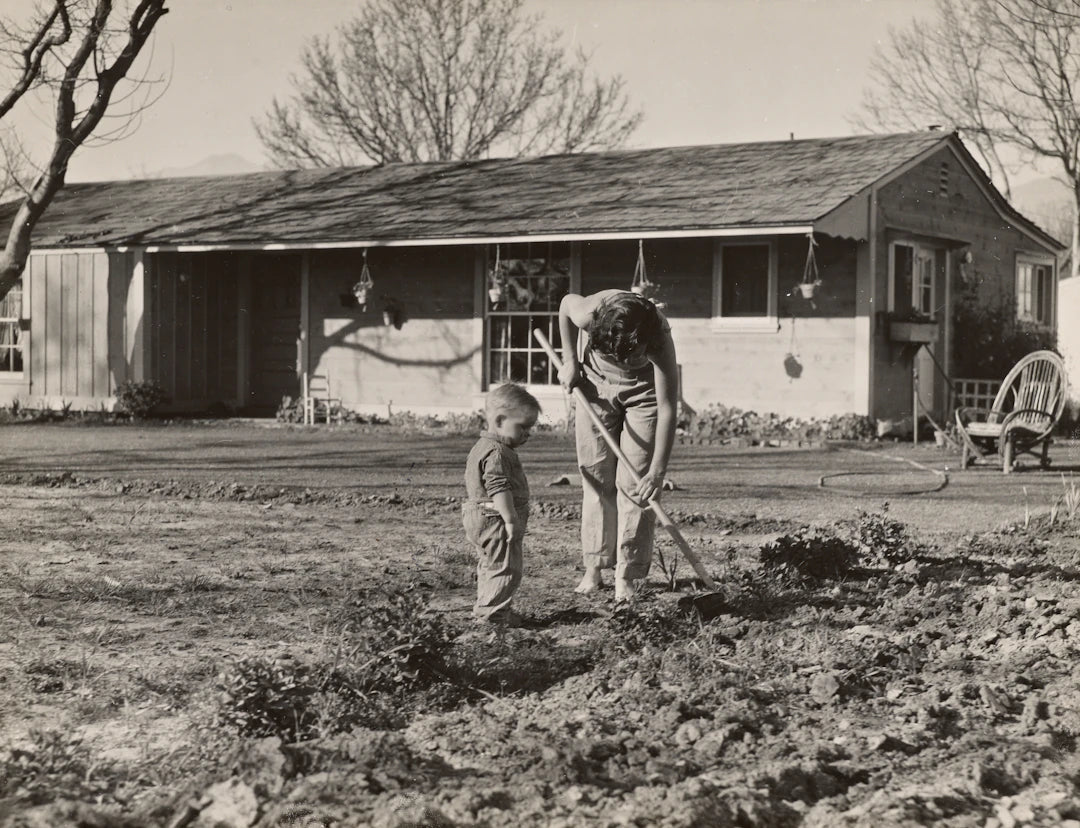Overview
Involving kids in household cleaning teaches responsibility, teamwork, and essential life skills while making the process enjoyable. Start with age-appropriate tasks, make cleaning fun through music and games, assign roles, and implement a reward system. Foster independence by encouraging ownership of tasks and be patient as they develop their skills. Establish a cleaning schedule and a dedicated cleaning day to promote teamwork. Ultimately, this journey helps instill long-term cleaning habits and creates cherished family memories.
Frequently Asked Questions
1. Why should I involve my kids in cleaning the house?
2. What are some age-appropriate cleaning tasks for my children?
3. How can I make cleaning more enjoyable for kids?
4. What strategies can I use to assign roles to my kids for cleaning tasks?
5. How can I encourage my children to develop long-term cleaning habits?
Keeping a clean home is a challenge that many families face. However, involving your kids in household cleaning can turn a monotonous task into a fun and engaging activity. Teaching children early on the importance of cleanliness not only helps them develop important life skills but also reinforces responsibility. Here’s how to effectively involve kids in household cleaning while utilizing all-in-one cleaning solutions to make the task easier.
Why Involve Kids in Cleaning?
Encouraging kids to help with household chores has numerous benefits:
- Builds Responsibility: When children take part in cleaning, they learn about responsibility and the importance of maintaining a tidy living environment.
- Encourages Teamwork: Working together fosters a sense of teamwork and strengthens family bonds.
- Instills a Sense of Accomplishment: Completing chores gives children a sense of achievement, which boosts their self-confidence.
- Teaches Life Skills: Learning how to clean effectively equips children with essential life skills they will carry into adulthood.
Engaging Kids in Cleaning Activities
Start with Age-Appropriate Tasks
The first step in involving kids in household cleaning is to assign age-appropriate tasks. Younger children can help with simple tasks like:
- Picking up toys
- Sorting laundry by color
- Wiping surfaces with a damp cloth
As they get older, you can introduce them to more complex tasks such as:
- Vacuuming or sweeping
- Cleaning bathrooms with your supervision
- Folding laundry and organizing their own rooms
Make Cleaning Fun
Incorporate fun elements into cleaning to keep kids engaged. Consider these strategies to make cleaning feel less like a chore and more like a playful activity:
- Play Music: Create a cleaning playlist with energetic songs that the family can dance to while tidying up.
- Set a Timer: Turn cleaning into a game by setting a timer and challenging kids to see how much they can clean before the time is up.
- Use All-in-One Cleaning Solutions: These products simplify the cleaning process, allowing kids to switch tasks quickly, keeping their interest high.
Assign Roles and Responsibilities
Clearly assigning roles helps children understand what is expected of them. List the cleaning tasks that need to be done, and let each child choose a few tasks they are excited about. This not only empowers them but also allows them to take ownership of their responsibilities. Some ideas for roles include:
- Room Captain: One child can be in charge of cleaning their own room while ensuring it’s kept tidy.
- Team Leader: Rotate leadership each week so that one child organizes the cleaning process for the team.
- Supplies Manager: Assign one child to be in charge of gathering cleaning supplies, such as all-in-one cleaning solutions, cloths, and trash bags.
Teach Cleaning Techniques Together
Model Good Habits
Children learn best by watching their parents. Take the time to model good cleaning habits. Show them how to use all-in-one cleaning solutions effectively and explain the purpose of each cleaning task you perform. Instead of just telling them what to do, involve them in the process. For instance:
- If you are washing windows, explain how to use the cleaning solution and what to look for in the results.
- Demonstrate how to declutter effectively by sorting through items and deciding what to keep or donate.
Encourage Questions
Encourage kids to ask questions about cleaning and the importance of keeping a clean home. This will cultivate their curiosity and make them feel more involved in the process. They might ask:
- Why do we have to clean?
- What happens if we don’t clean?
- How often should we clean different areas?
Answering these questions can help communicate the value of a clean home and make kids more invested in their contributions.
Implement a Reward System
Using a reward system can make cleaning more enticing. Consider implementing either a sticker chart or a point system. Here’s how to do it:
- Sticker Chart: Each time a child completes a cleaning task, they earn a sticker. After earning a certain number, they can trade them in for a small reward.
- Point System: Assign points for specific tasks and set a goal. Once they reach a certain number of points, reward them with a fun family outing or a small treat.
Boosting the Cleaning Environment
Create a Cleaning Schedule
Creating a family cleaning schedule promotes accountability. Sit down with your children to draft a weekly cleaning schedule that includes all family members. This promotes teamwork and ensures that everyone knows when to perform their assigned responsibilities. Involve kids in this scheduling process to give them a voice in their chores.
Establish a Cleaning Day
Designate one day a week as ‘Family Cleaning Day.’ This provides a consistent time for everyone to work together toward maintaining a clean home. Use this opportunity to bond and communicate with each other while tackling chores. Make it special with post-cleaning activities such as movie nights or ice cream treats to reward everyone’s hard work.
Foster Independence
While kids should be involved, it’s also important to foster independence. Encourage them to take ownership of their assigned tasks without constant supervision. This builds their confidence and problem-solving skills, teaching them to seek help when needed or figure things out on their own. Trusting them fosters a sense of pride in their work.
Be Patient and Encouraging
Keep in mind that cleaning is a skill that takes time to develop. Be patient and understanding, providing guidance as needed. Offer praise and encouragement for their efforts, regardless of how big or small the outcome may be. Celebrate their achievements, whether it’s a sparkling bathroom or a neatly organized play area.
Building Long-term Cleaning Habits
The ultimate goal of involving kids in household cleaning is to instill lifelong cleaning habits. Emphasize the importance of cleanliness beyond just the chores they perform now. As they grow, regular cleaning routines can become second nature, ensuring they take these skills with them into adulthood.
Encouraging kids to participate in cleaning helps foster responsibility, teamwork, and life skills. By implementing practical strategies and making cleaning a fun family affair, you can cultivate a clean home together, all while enjoying the process. Incorporate all-in-one cleaning solutions to make tasks easier for everyone and promote excitement in keeping your home tidy. Remember that the journey to cleanliness is not only about the end results, but also about the experiences you create together.
Embrace the Cleaning Adventure!
Your family's cleaning journey is an opportunity for growth, bonding, and education. As you engage your kids in household cleaning while using all-in-one cleaning solutions, watch as they not only develop skills, but also create cherished memories with you. It's a win-win situation where cleanliness meets fun! So roll up your sleeves, put on some music, and get ready to tackle those chores together. Happy cleaning!
Linked Product

Home Cleaning Starter Kit
The Home Cleaning Starter Kit offers an easy way to involve kids in household cleaning tasks. With kid-friendly cleaning solutions included, it can make the process enjoyable and educational, helping children learn about responsibility and teamwork. This kit serves as a practical introduction to maintaining a clean home while engaging younger family members in the chores.
View Product

Share:
Essential Cleaning Safety: Protect Yourself with Best Practices
Holiday Cleaning: Prepping Your Home for Guests